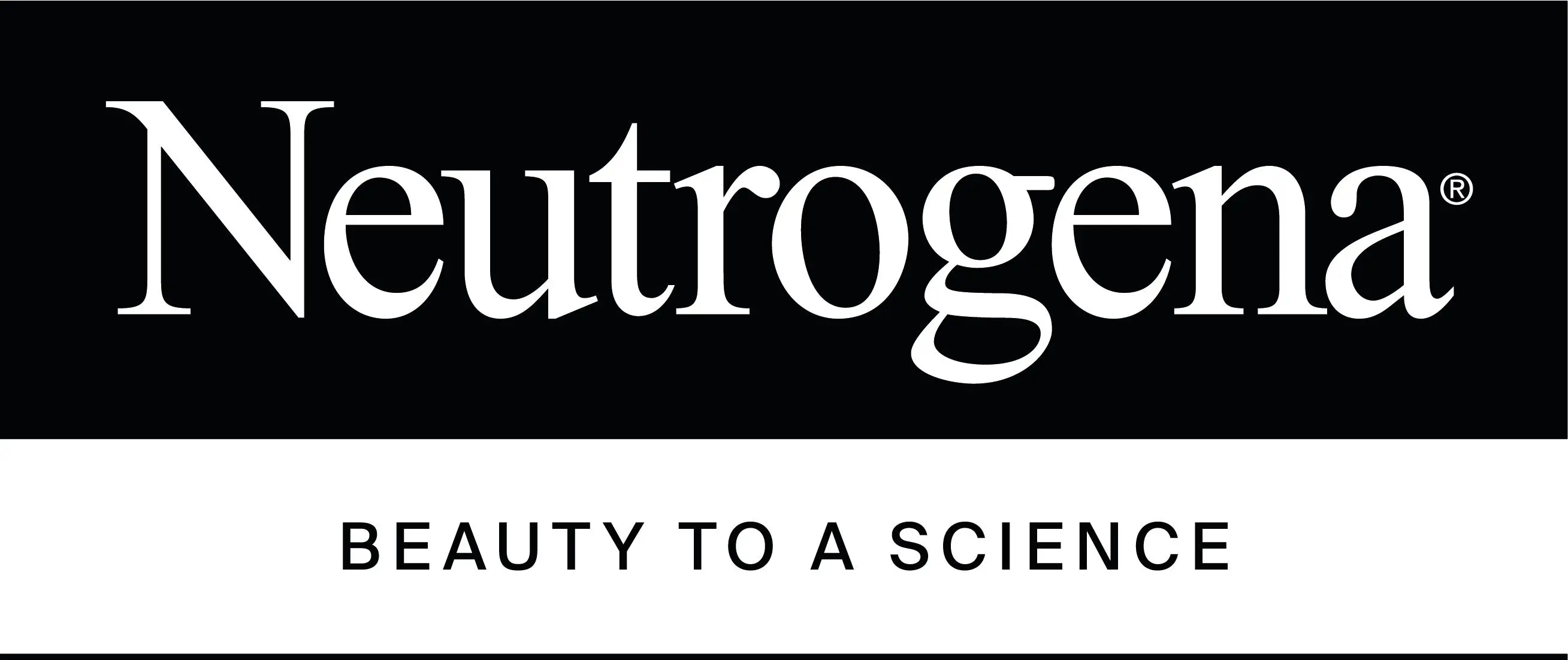Collagen has been long regarded as the ‘fountain of youth.’ For centuries, women consumed food rich in collagen to smooth withered skin and preserve joints. In the 1980s, collagen became available, yet expensive, through inject-able fillers to soften skin lines.
Due to its tremendous benefits to the skin, collagen became easily and readily accessible to the wider population through edible fruity chews, creamers, sachets, and capsules as well as through cosmetic and medical creams, serums, and lotions, among others.
Collagen is one of the proteins responsible for skin elasticity and stretchiness. Collagen is plentiful in the skin, making up between 75% to 80% of the skin’s composition. Collagen wards off wrinkles and fine lines. Collagen production is usually negatively impacted by the environment and by aging
Although one cannot typically measure the level of collagen in their skin, there are certain signs that show falling levels of collagen, such as wrinkles, dull and weathered skin, stiffer ligaments and tendons, joint pain, weakening muscles, and gastrointestinal problems
That being said, here are 5 benefits of collagen for the skin that you absolutely should know of:
1. Collagen benefits skin hydration
Collagen peptides have particular hydration structures. The moisturizing factor in your skin, thus, increases, providing your skin with the hydration it needs. Hydrated skin is healthy skin with distinctive smoothness and glow.
2. Collagen benefits skin elasticity
As a main protein, collagen supports connective tissues in the body, allowing the skin to retain its elasticity. That way, your skin would not look soggy and weathered. A study conducted on 69 women exposed to collagen daily revealed significant improvement in skin elasticity as opposed to a group of women who were not exposed to collagen.
Check out Neutrogena Cellular Boost Anti-Ageing Night Cream and Neutrogena Cellular Boost Eye Rejuvenating Cream that improve skin elasticity which provides the benefits of Collagen.
3. Collagen fights aging
Your body produces less collagen as you age. This decrease in production of collagen leads to dry skin and the formation of wrinkles. Therefore, the more collagen you have in your skin, the less likely you will develop wrinkles. Remember, collagen is a traditionally-used and research-proven anti-aging ingredient.
Also check out Neutrogena Cellular Boost products, that help fight the signs of aging.
4. Collagen increases blood flow to the skin
Collagen is a vital component of blood vessels. Through strong and flexible vessels, collagen can ensure a good blood flow into the skin, which is, ultimately, what your skin needs to maintain its healthy features.
5. Collagen helps with wound healing
Collagen has an important role in wound healing. Collagen attracts fibroblasts to the wound site. Fibroblasts are the most common cells found in connective tissues. Essentially, collagen has great potential to stop bleeding, attract skin cells to the wound bed, and stimulate formation of new blood vessels. Collagen can also be left in wounds without irritating your skin or causing bacterial growth
On a final note, collagen is your easy way into a rejuvenated, plump-looking skin! You can plump your tired skin, rejuvenate your dried skin, and provide your skin with a youthful look through the use of collagen. Collagen allows you to feel comfortable going out without the need to cover those dark circles and wrinkles. Give your skin the hydration and right complexity. It is about time you regain your skin-confidence!
References:
https://www.abc.net.au/news/health/2021-09-24/collagen-skin-care-what-is-it-how-good-is-it/100431694
https://newsnetwork.mayoclinic.org/discussion/mayo-clinic-q-and-a-collagen-and-biotin-supplements/
https://health.clevelandclinic.org/the-best-way-you-can-get-more-collagen/
https://www.sciencedirect.com/science/article/pii/S0969212601002246

